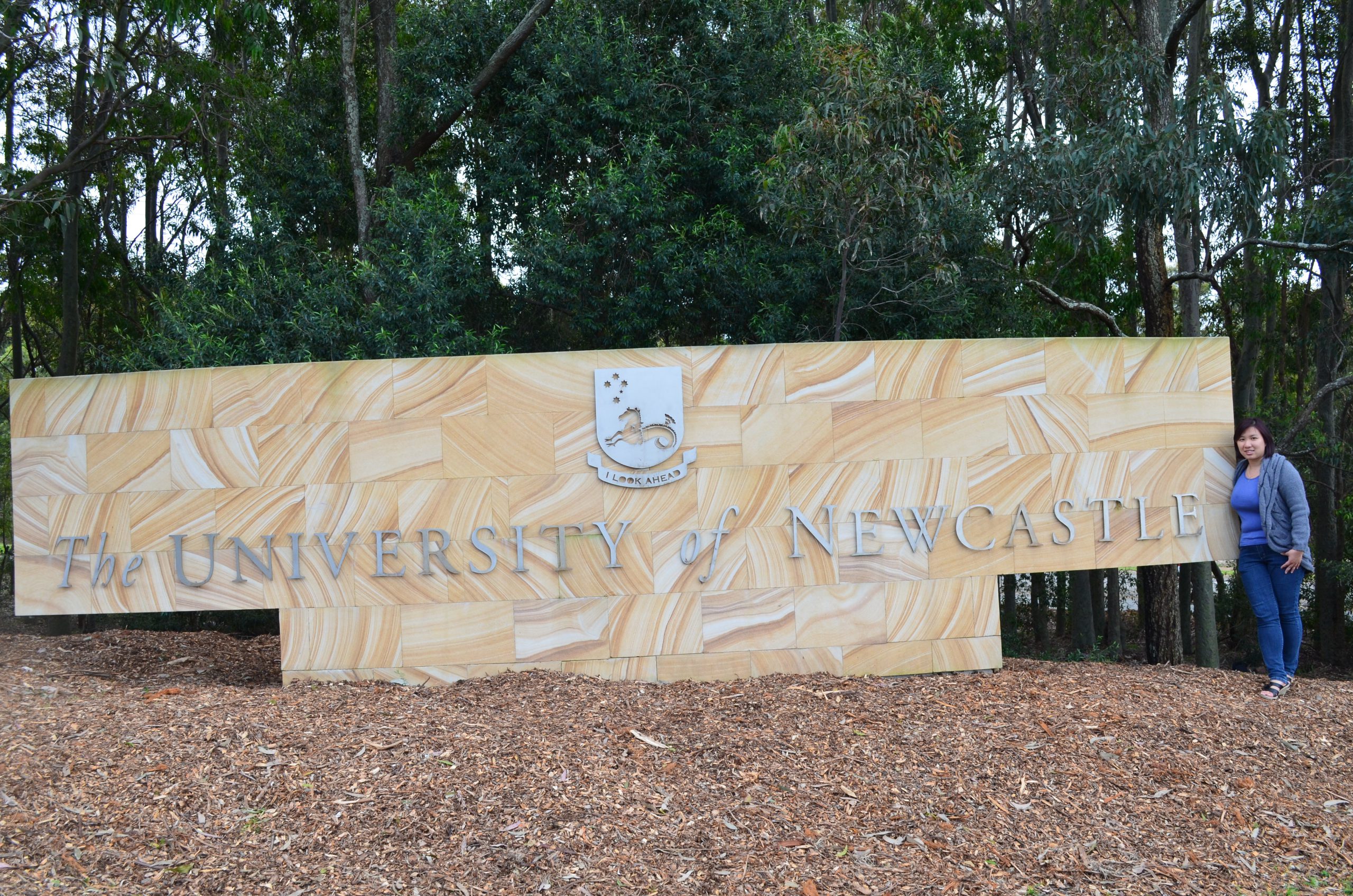An IMU Biomedical Science student, Lim Li Jin choose to study the first one and a half years in the International Medical University (IMU) before transferring to one of its Partner Universities, University of Newcastle. Here, Li Jin relates to us the experience of studying in IMU and University of Newcastle in Australia. “IMU has really trained and prepared me to be more mature and be able to face any challenges that one will face in the outside world and have guided me in order for me to enjoy my stay here in Australia. Being in IMU is like being in a big family. Even though I have been in Australia for some time, I still miss the time I have with all my course mates in IMU. As the only credit transfer student to University of Newcastle, it is not easy for me to maintain good grades in IMU and in Newcastle as well as maintain the friendship and bond with everyone in the IMU class within that short duration. Glad to say after 1.5 years, I managed to bond with my course mates of the entire class.” “With a substantial number of modules studied per semester, IMU has trained me to have good time management in order to cope with so many subjects. Now that I am in Newcastle, I am able to balance my personal time and my study time. With the numerous practicals that were conducted in IMU, I found out that there are a lot of different skills that I have learnt in IMU that will be very useful for me in future.” “As a credit transfer student from IMU, I am required to study some of the same subjects as what I have studied in IMU. Even though there are the same subjects, the content is very different. And because of that, I am actually learning more things about that particular subject. One example is microbiology, IMU taught us about the different types of viruses and bacteria, whereas in Newcastle, microbiology is about the genetic material of the pathogen.” Besides the University of Newcastle, biomedical science students at the IMU can also choose to transfer to relevant programmes at University of Otago, New Zealand, University of Strathclyde, Scotland and St George’s University of London, England.

Close
- Schools & Centres
- Centre for Pre-University Studies
- School of Medicine
- School of Dentistry
- School of Pharmacy
- School of Health Sciences
- School of Alternative and Complementary Medicine
- School of Business and Technology
- School of Psychology and Social Sciences
- School of Postgraduate Studies
- Clinical Skills and Simulation Centre (CSSC)
- Centre for Lifelong Learning (ICL)
- Centre for Education (ICE)
- Programmes
- Pre-University
- Undergraduate
- Biomedical Science
- Bioveterinary Science
- Business Administration with Healthcare Management
- Chinese Medicine
- Chiropractic
- Communication with Health
- Dentistry
- Dietetics with Nutrition
- Digital Health
- Medical Biotechnology
- Medicine
- Nursing
- Nursing (ODL)
- Nutrition
- Pharmaceutical Chemistry
- Pharmacy
- Psychology
- Postgraduate
- Acupuncture
- Analytical & Pharmaceutical Chemistry
- Business Administration in Healthcare Management
- Clinical Psychology
- Counselling
- Diabetes Management & Education
- Endodontics
- Health Informatics & Analytics
- Healthcare Management (PhD)
- Health Professions Education
- Health Professions Education (PhD)
- Implant Dentistry
- Medical & Health Sciences
- Molecular Medicine
- Pharmacy Practice
- Prosthodontics
- Public Health
- Open & Distance Learning
- Executive Education
- Micro-Credential
- Short Courses
- Student Mobility
- Pre-University
- Admissions
- Campus Life
- Research & Commercialisation
- Innovations
- Healthcare
- About IMU
- Careers








